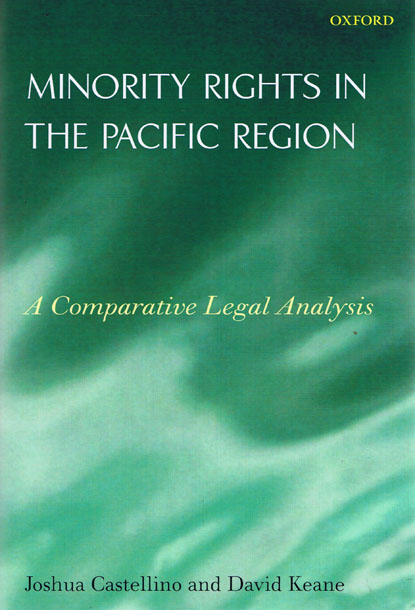
Countries in the Pacific face unique challenges of survival and progress in establishing themselves and participating fully in international society. Their geographic isolation from the rest of global society is compounded by complex layers of often competing national and indigenous identities among their populations built through wave upon wave of migration. This has created rich diversity, competing regimes and real challenges in terms of state-building, ethnic identity, social policy cohesion and development in post-colonial settings.
The issues studied here would be of interest to scholars from a range of different disciplines such as Law, Politics, Sociology and Anthropology. By examining the theory and practice of minority rights law in states such as Fiji and Papua New Guinea, alongside their more familiar neighbours Australia and New Zealand, this book makes a unique contribution in a region often ignored in the literature.